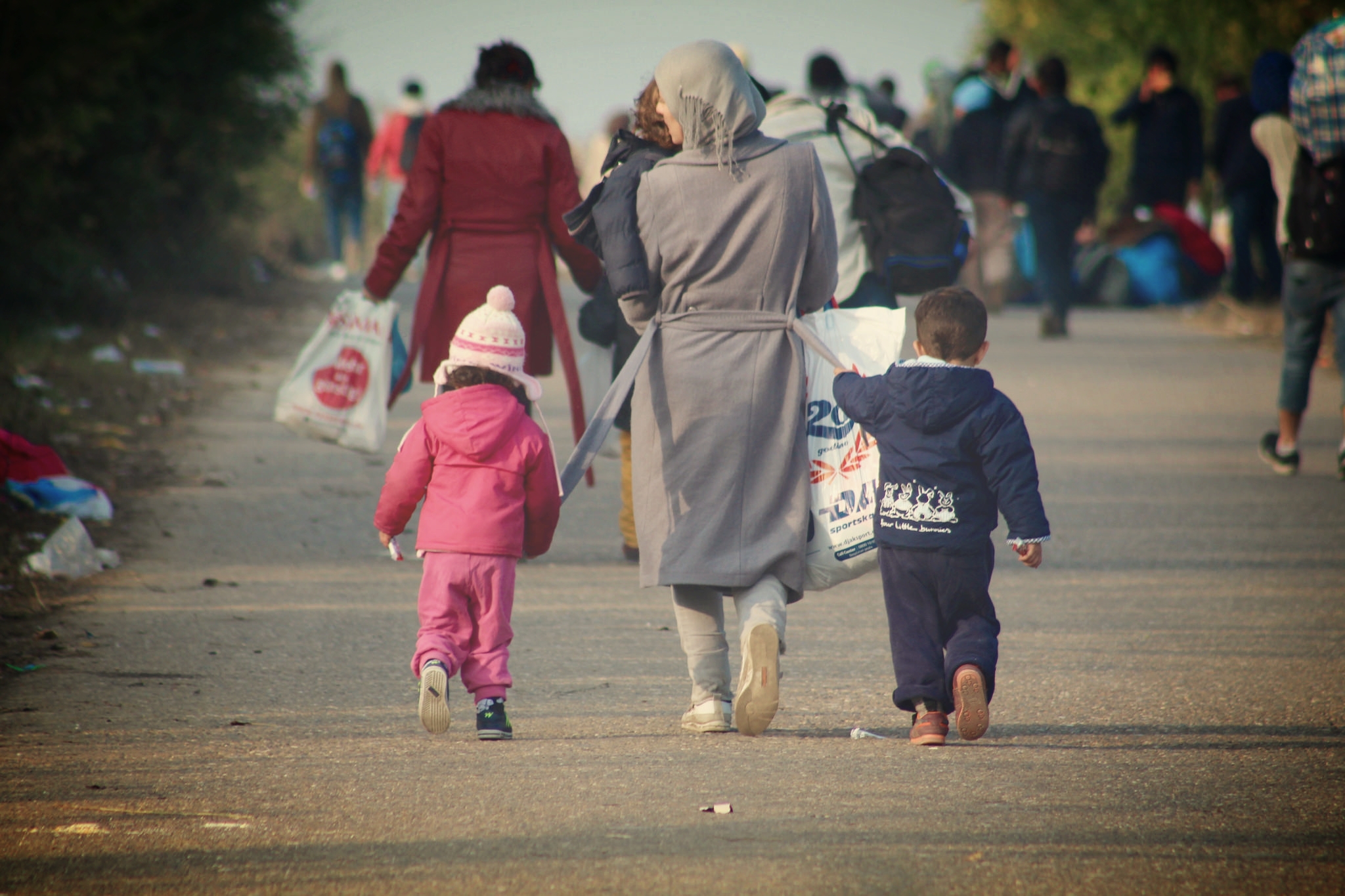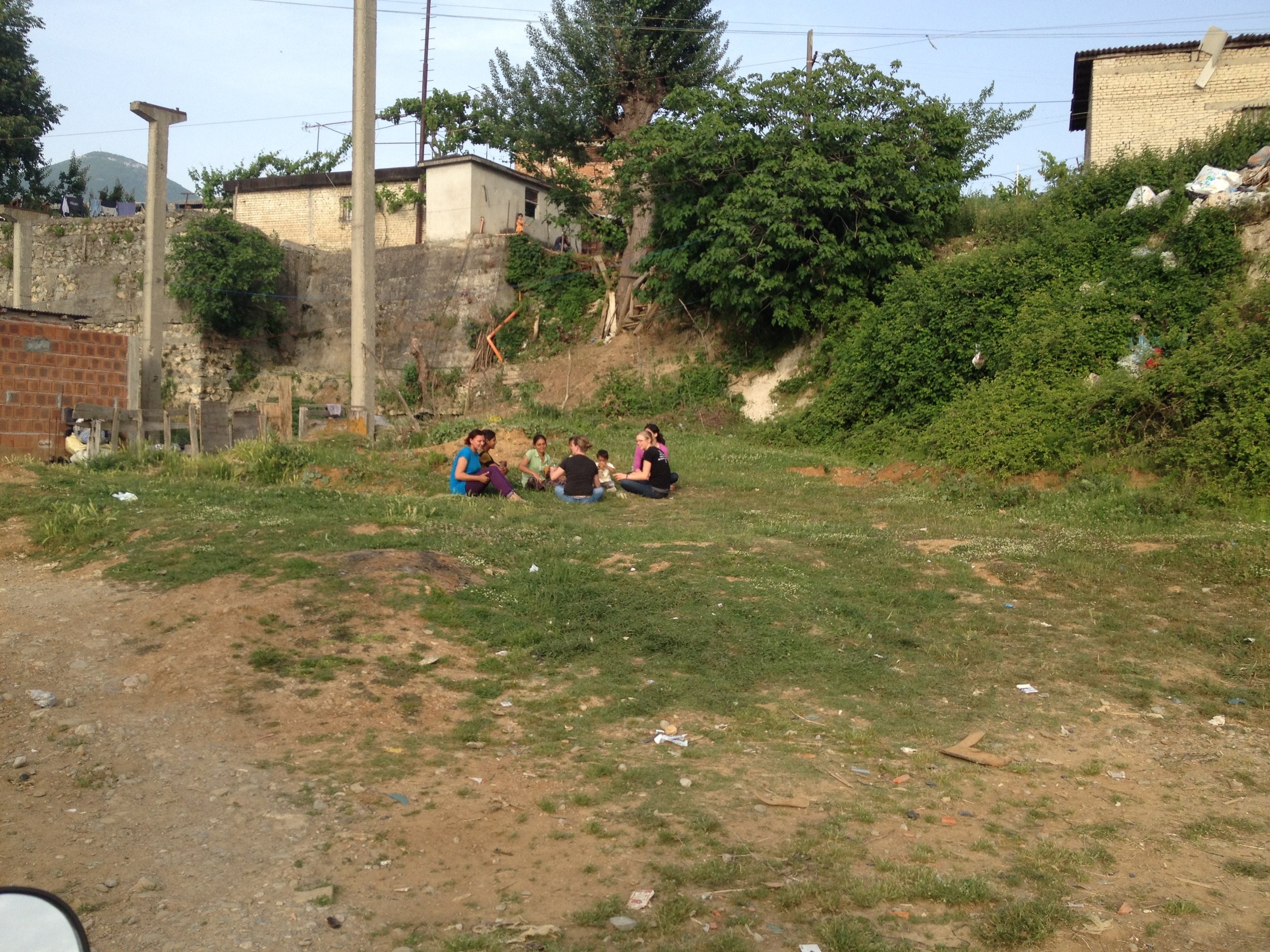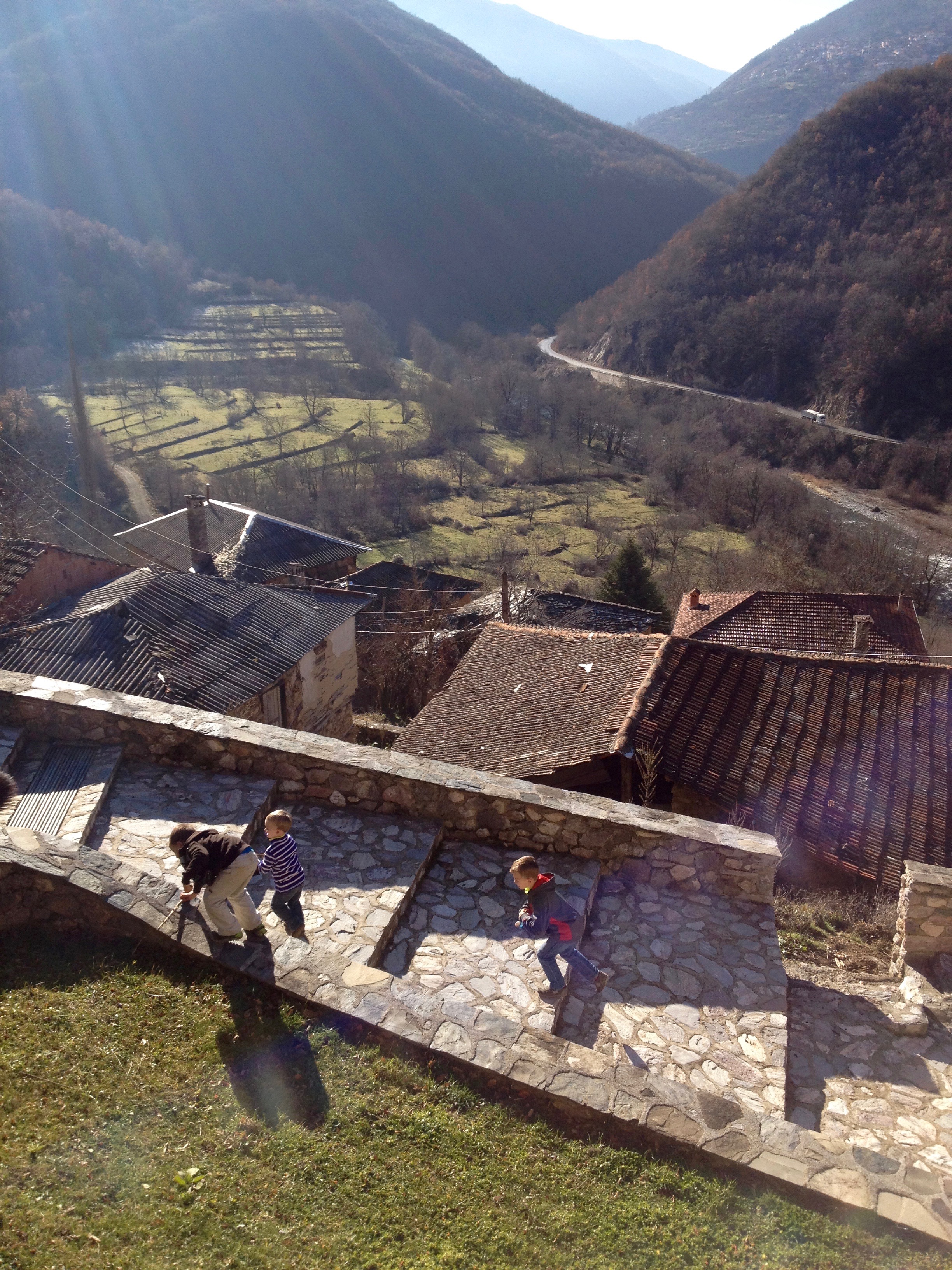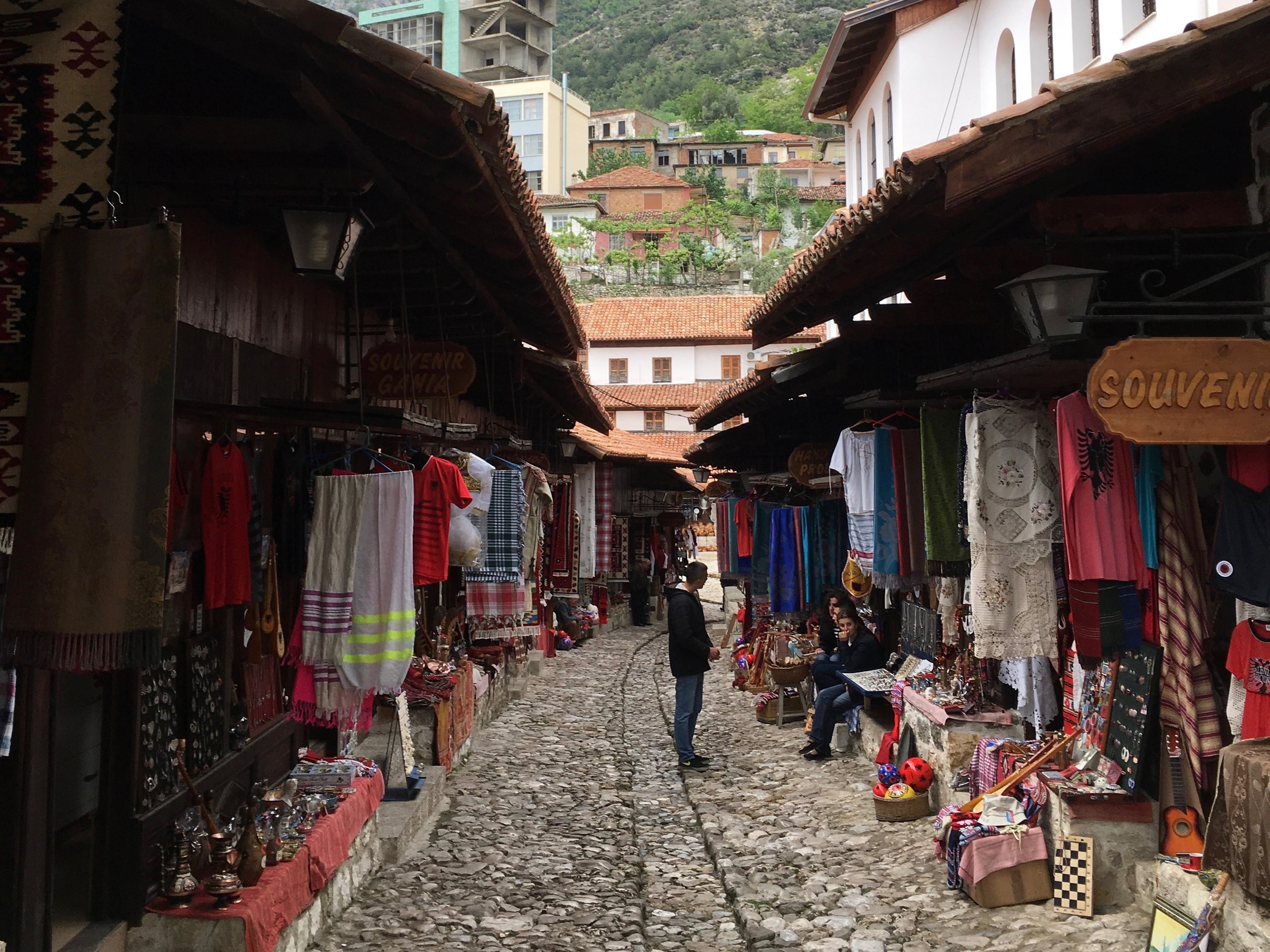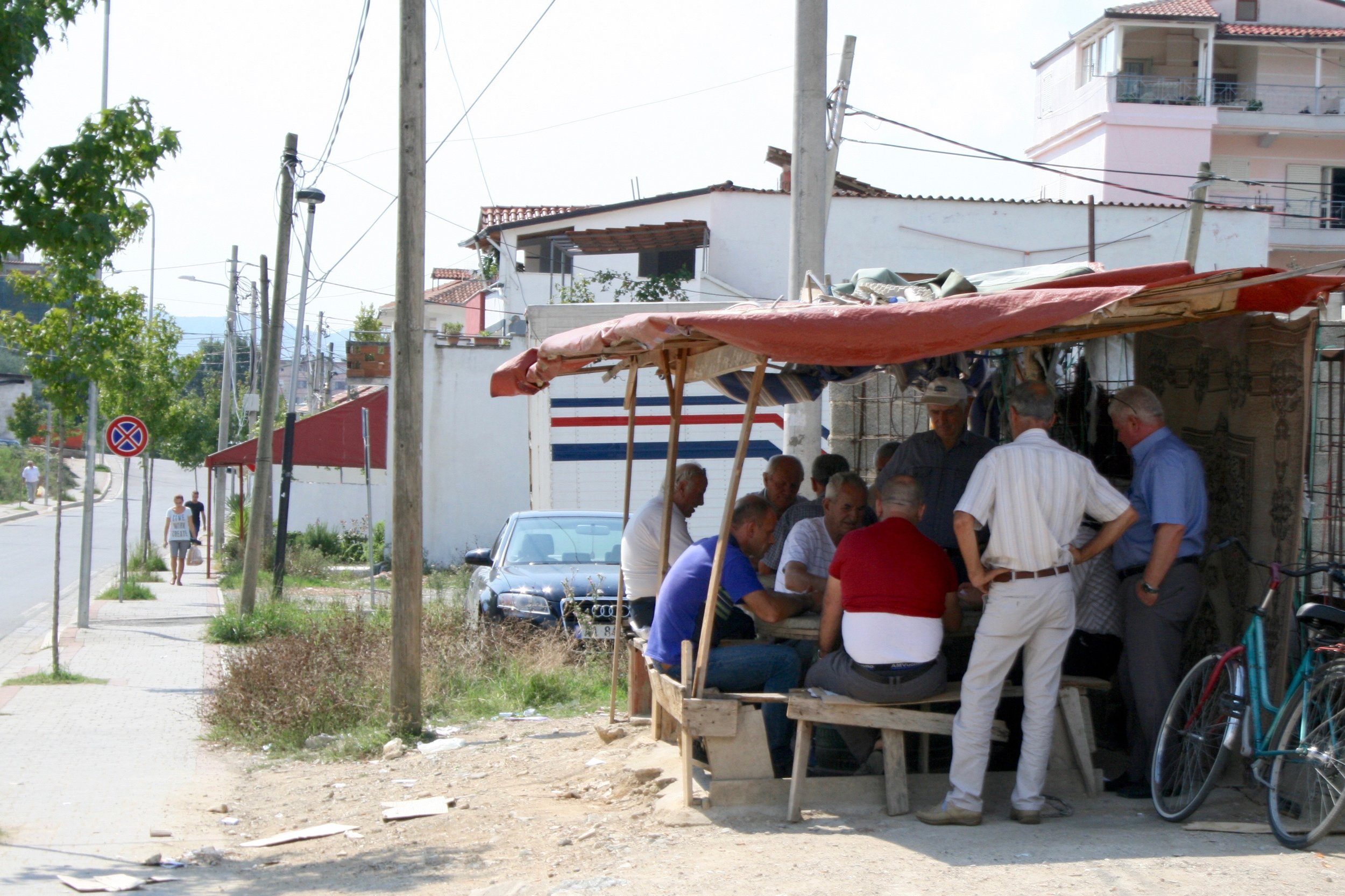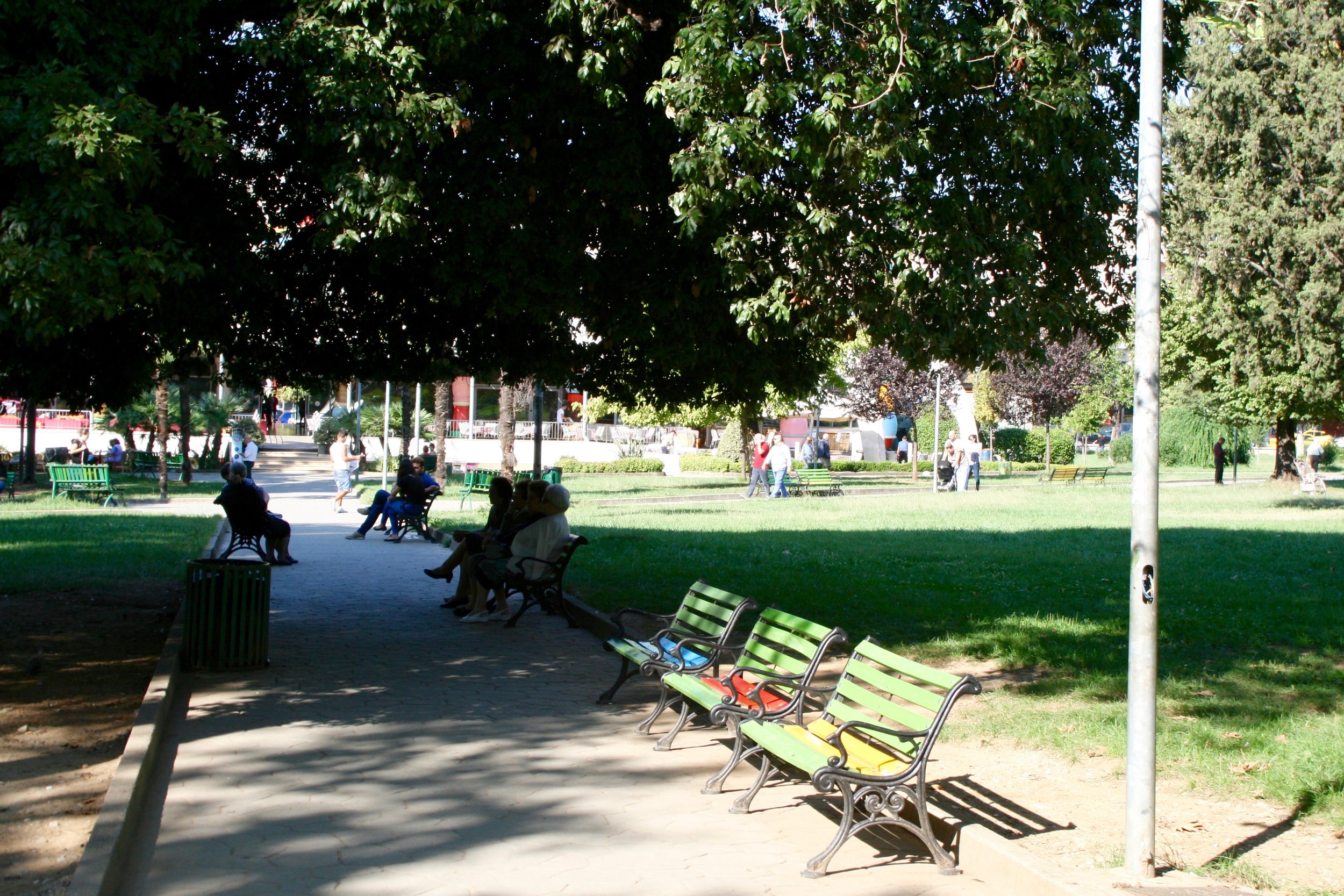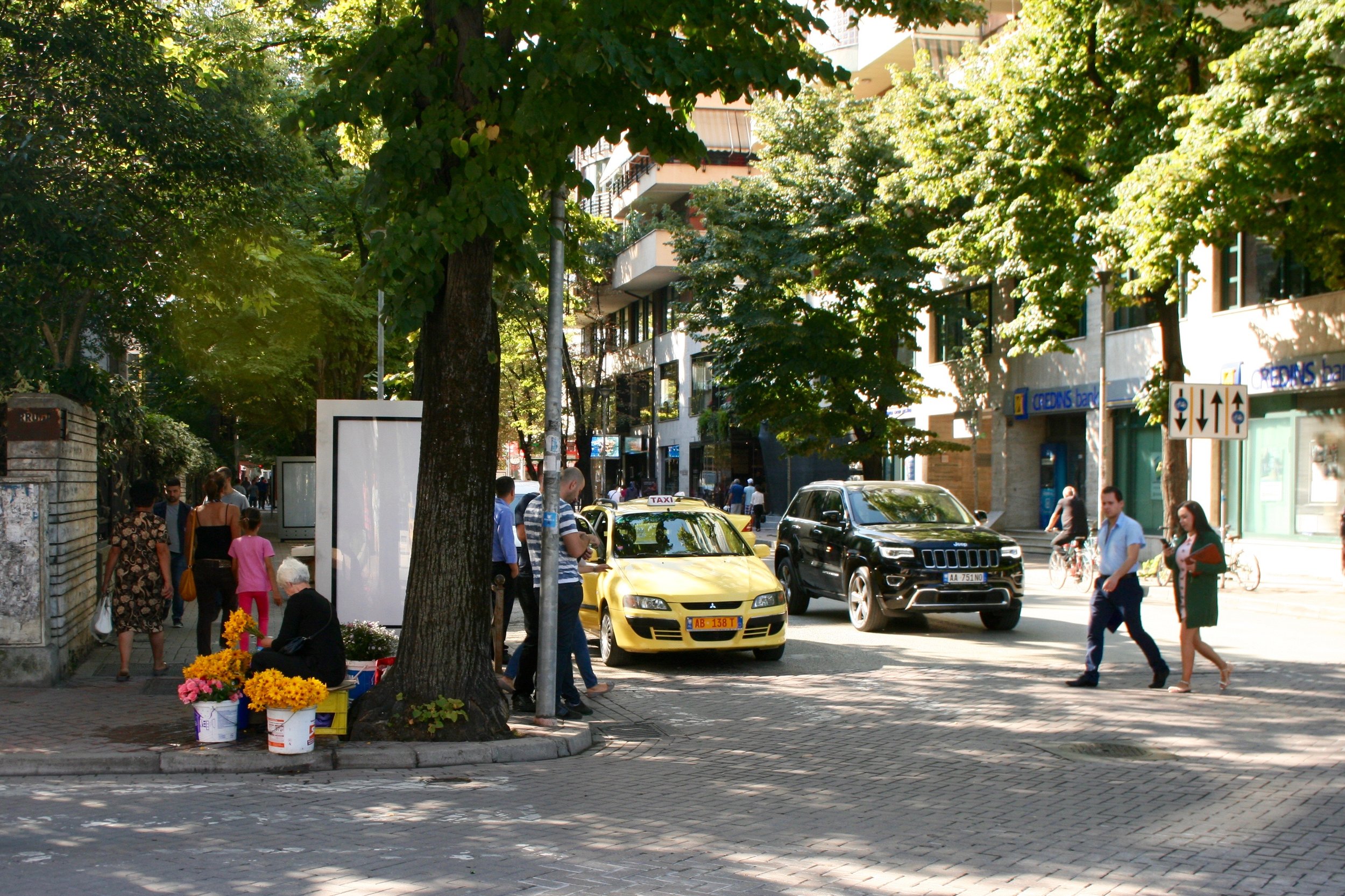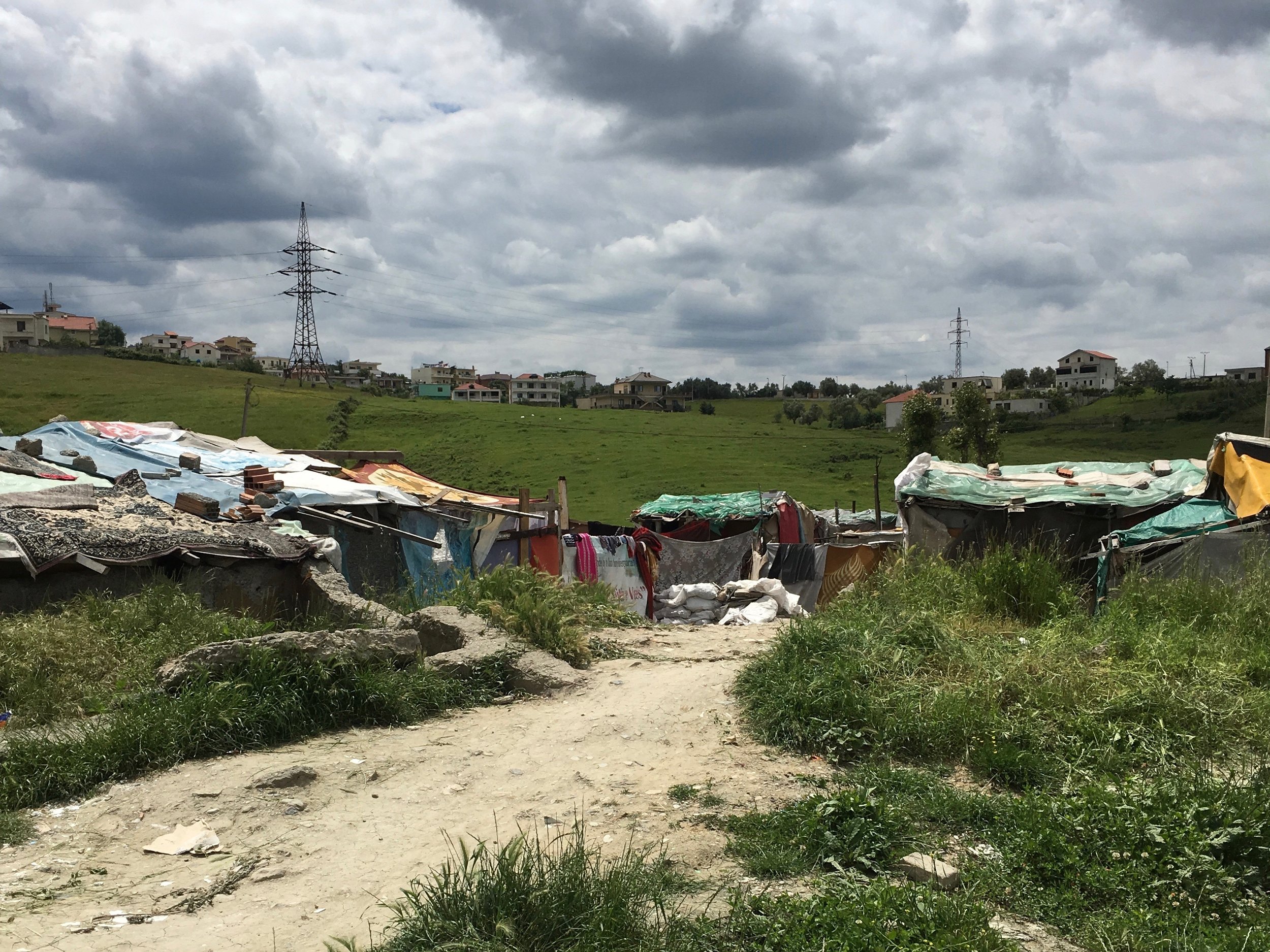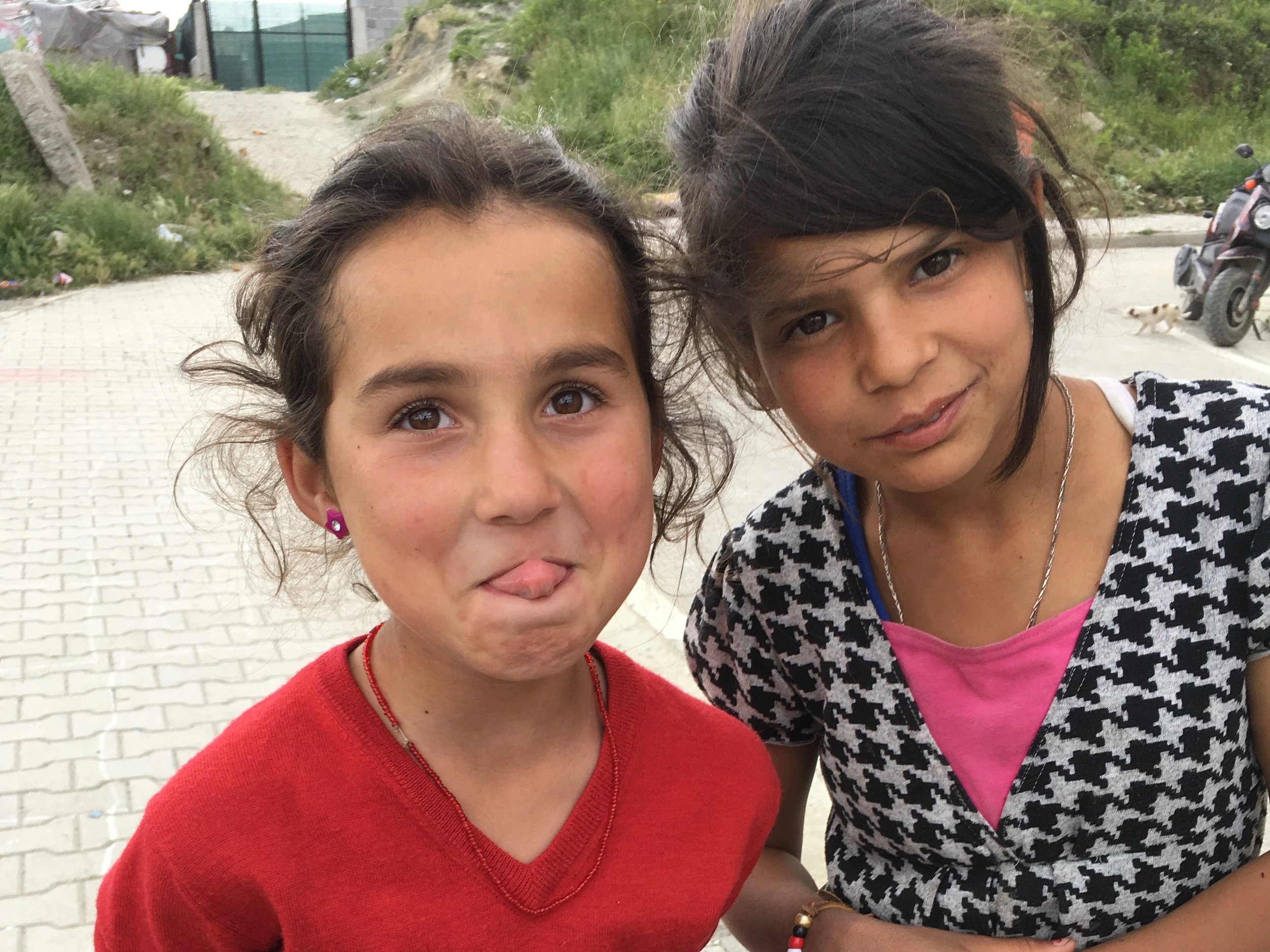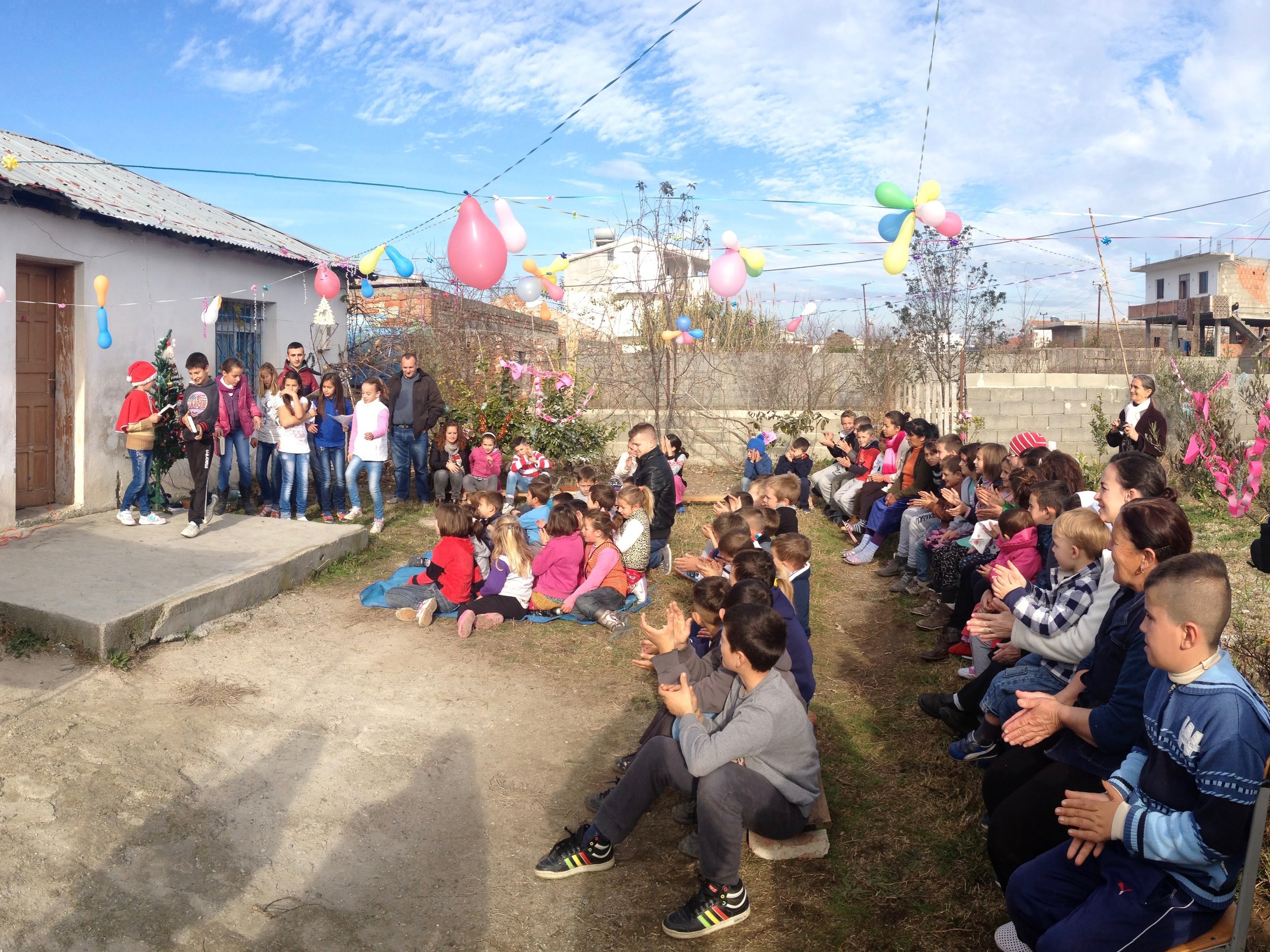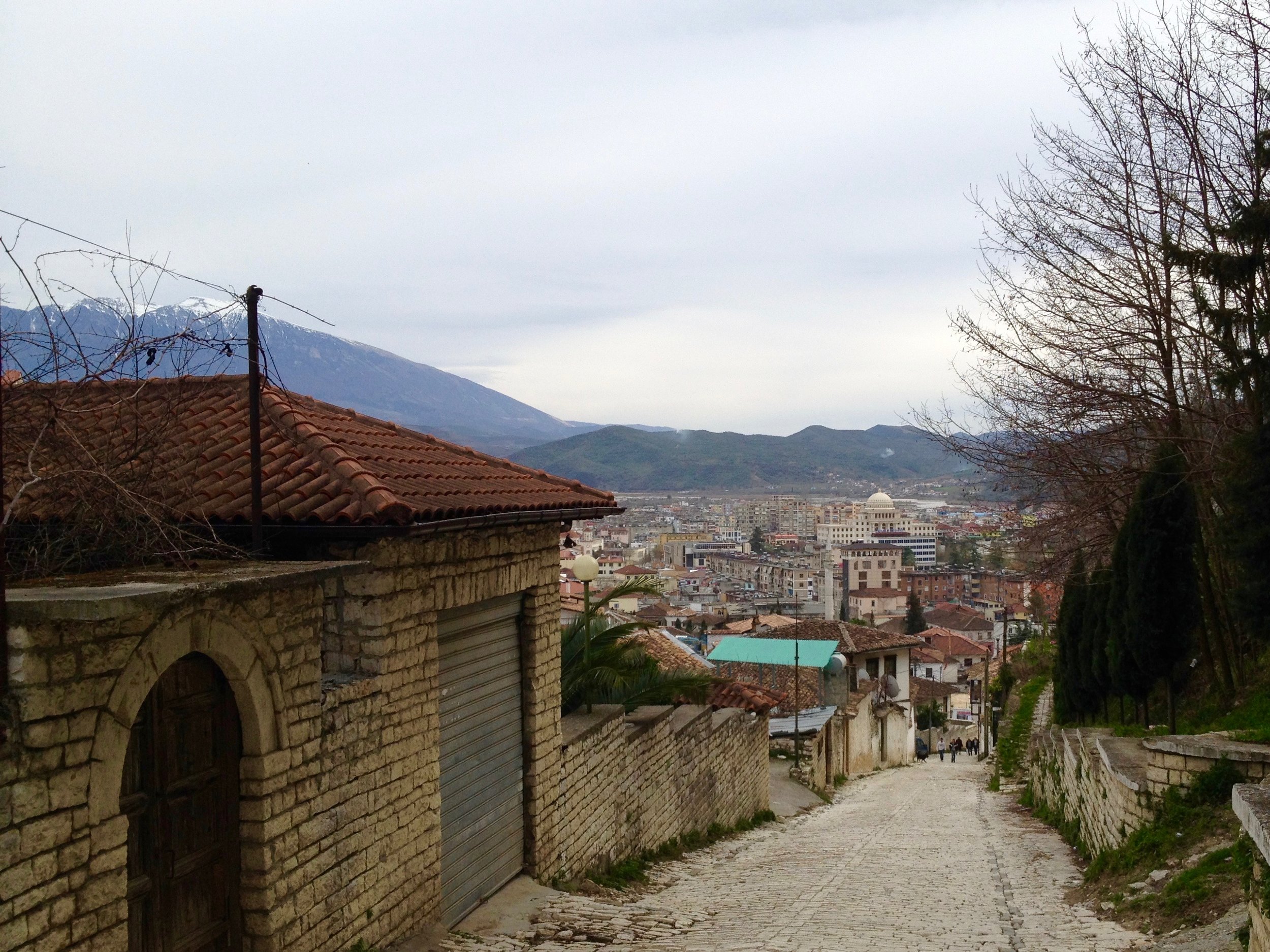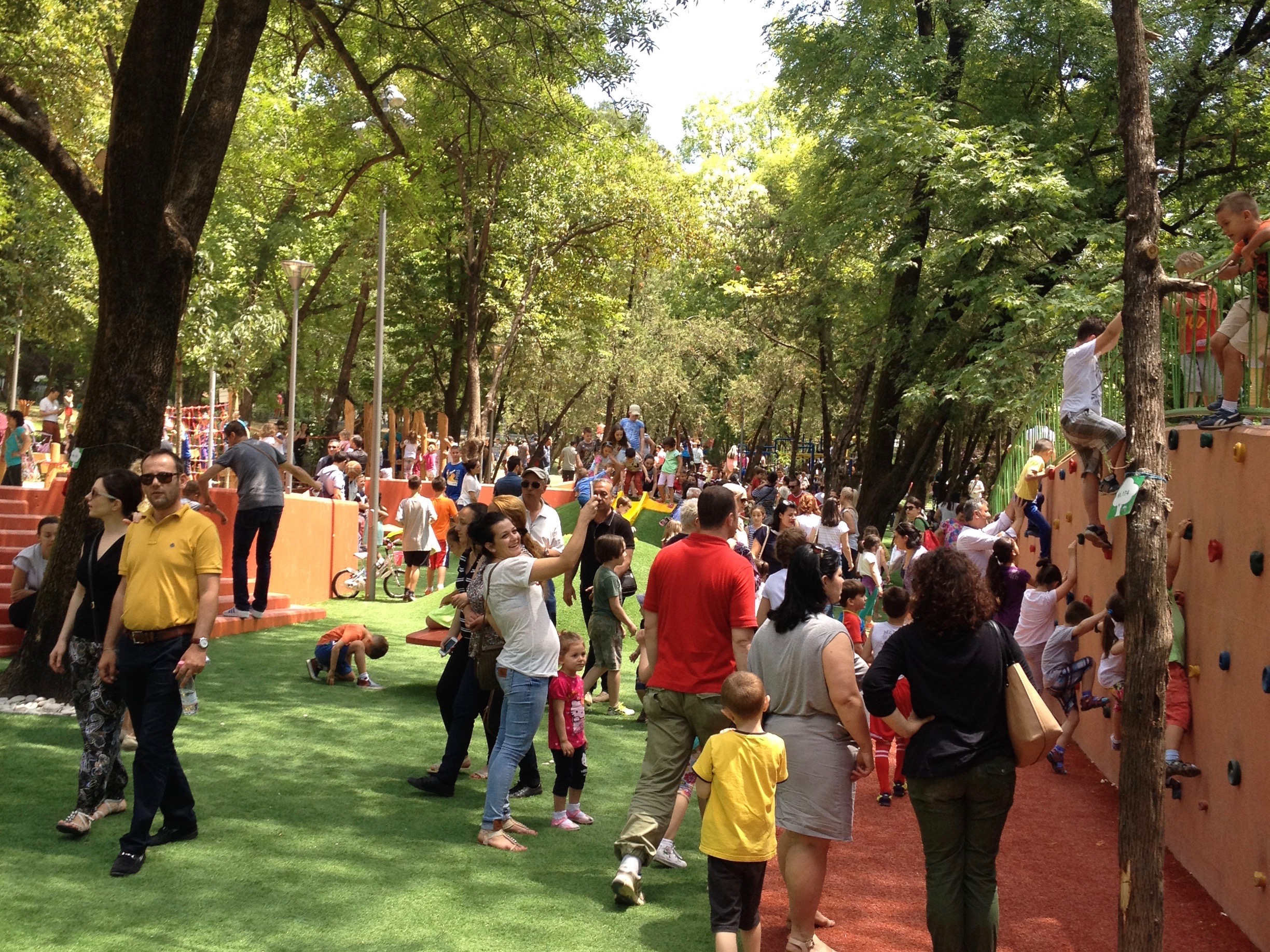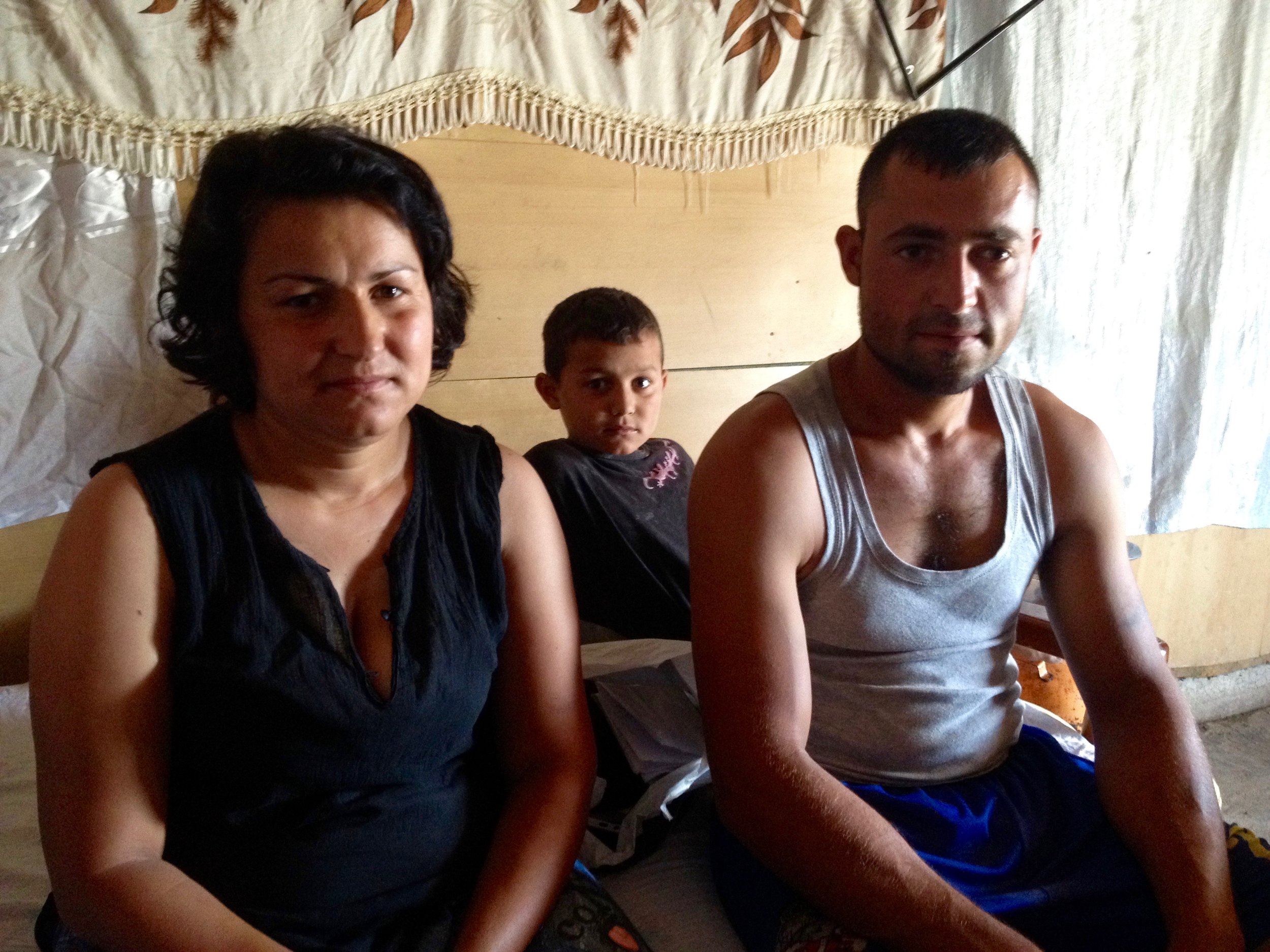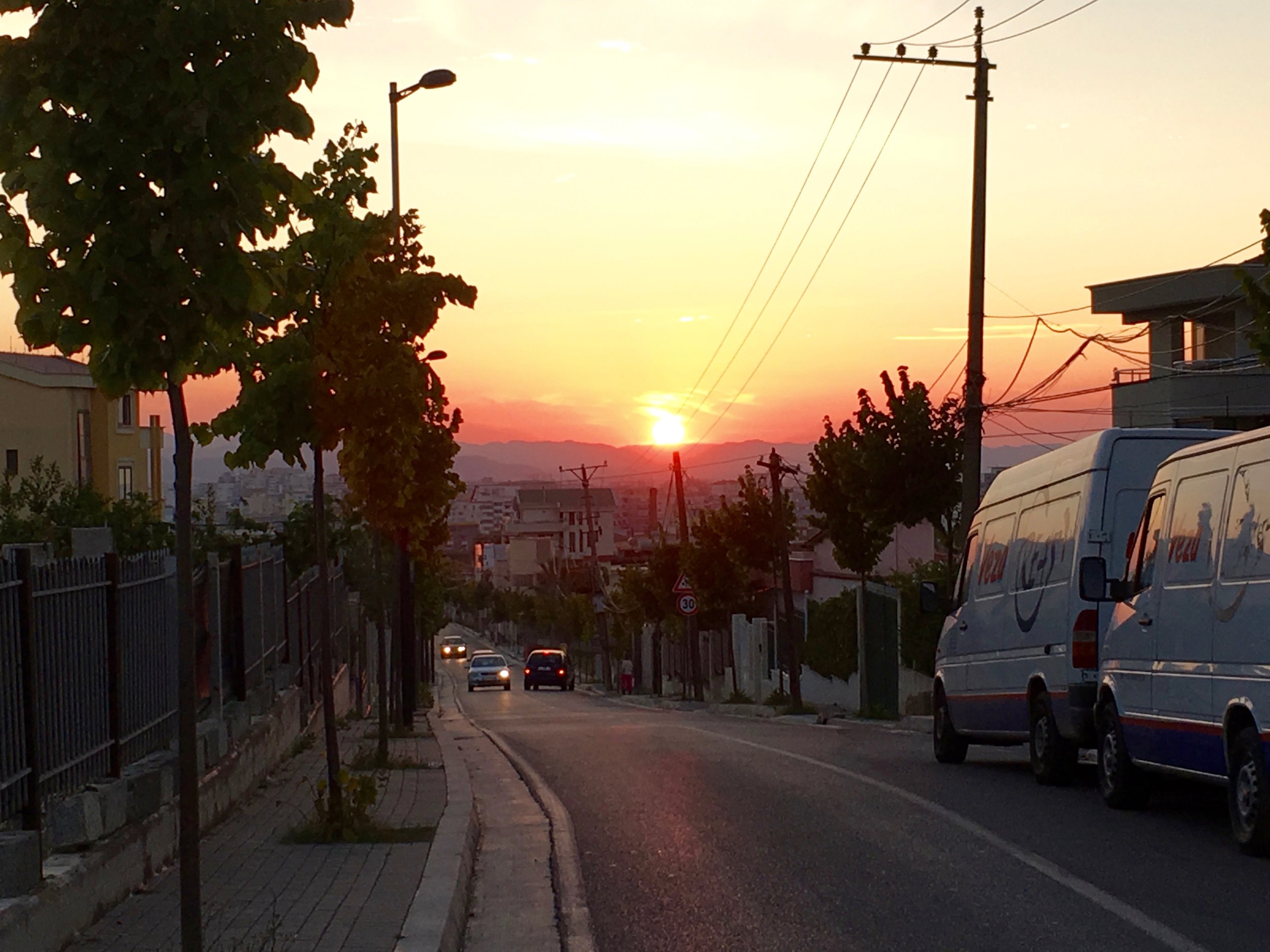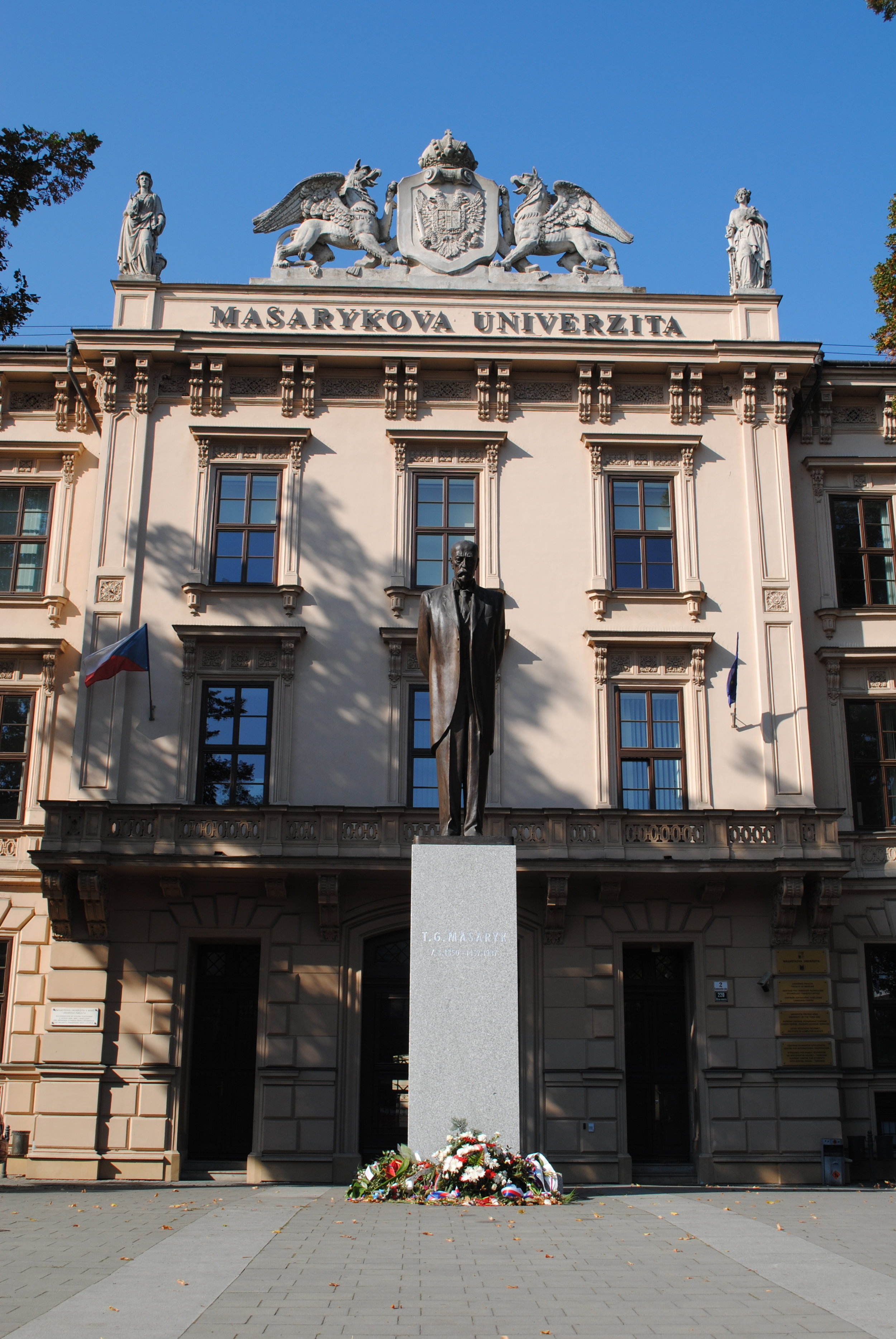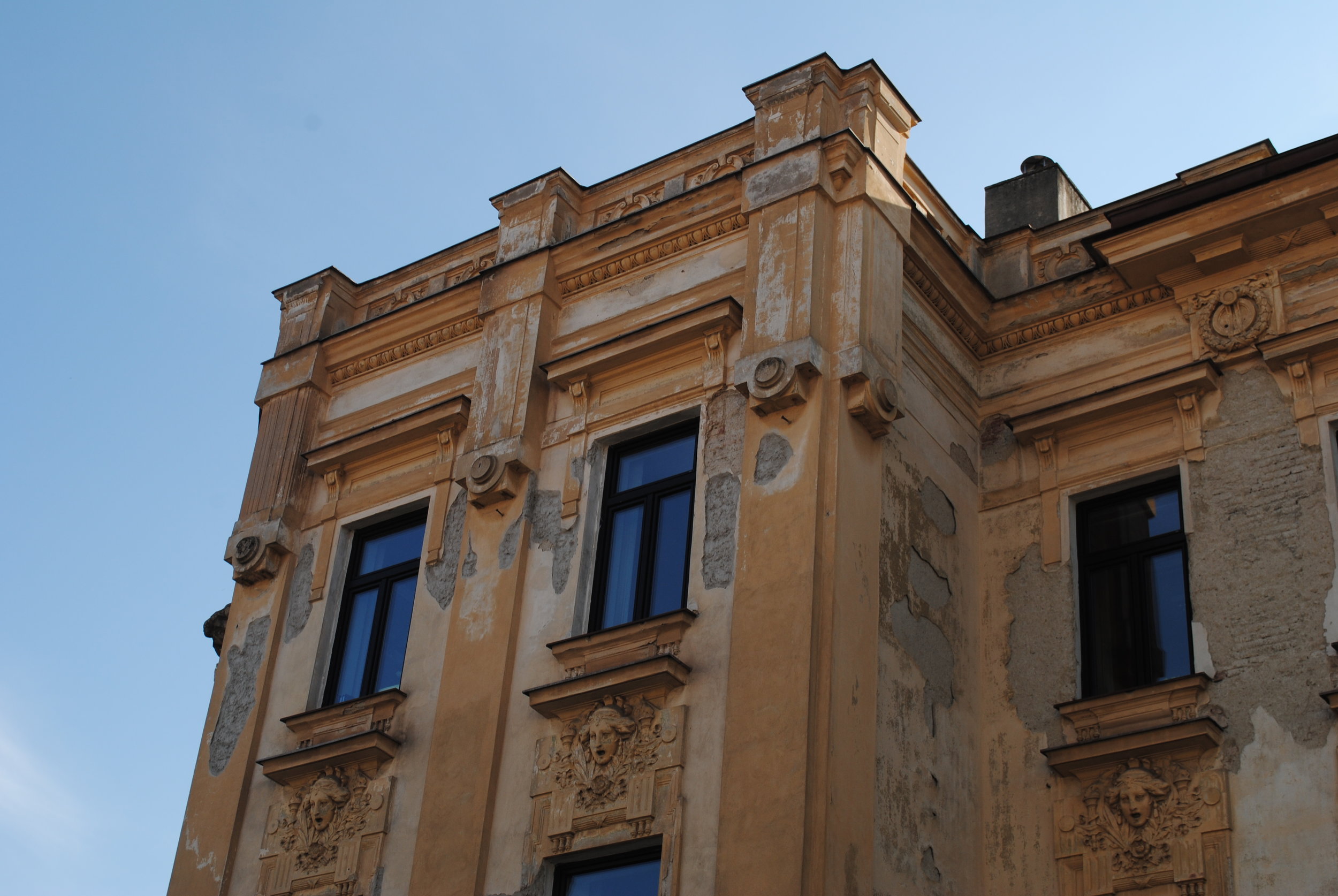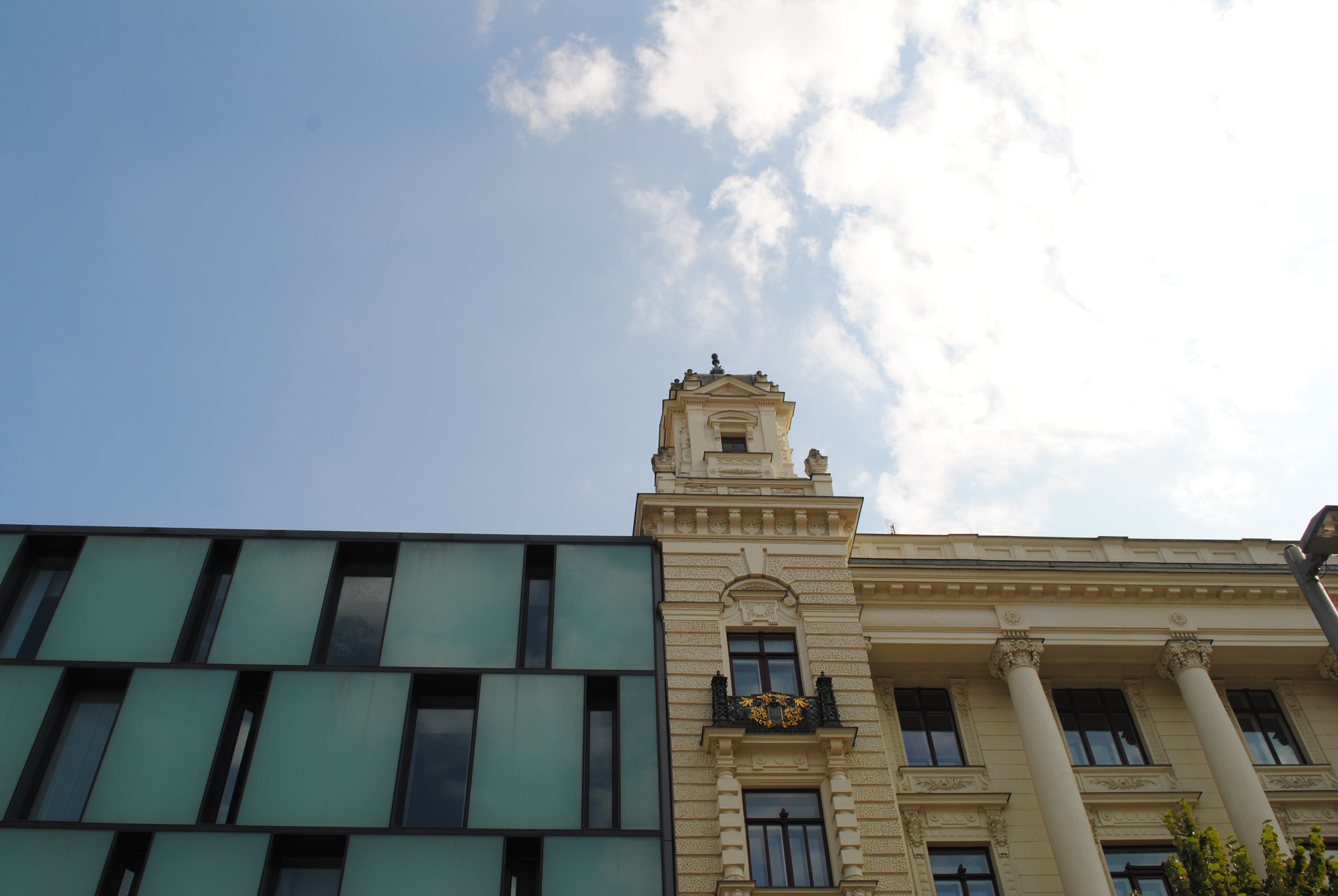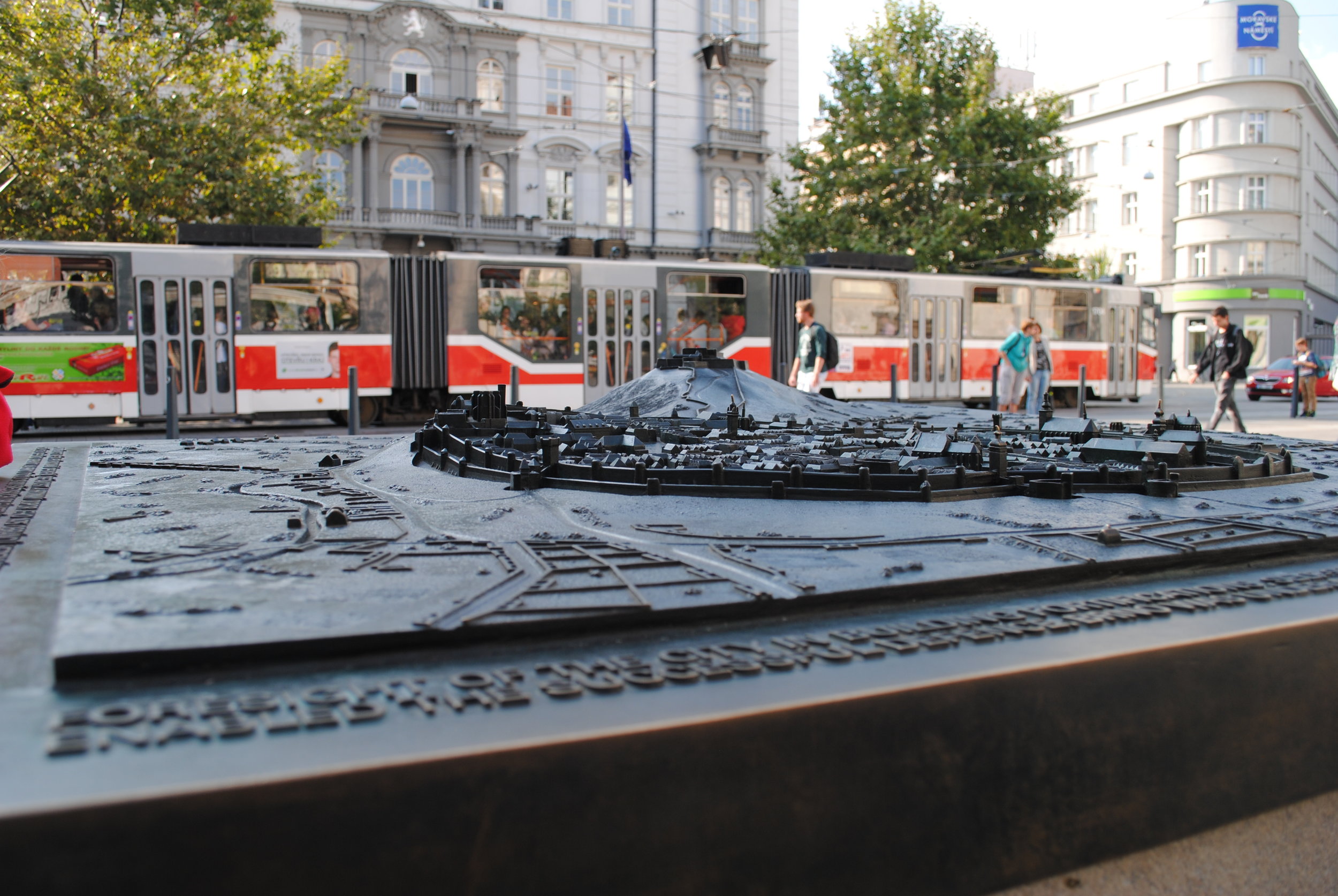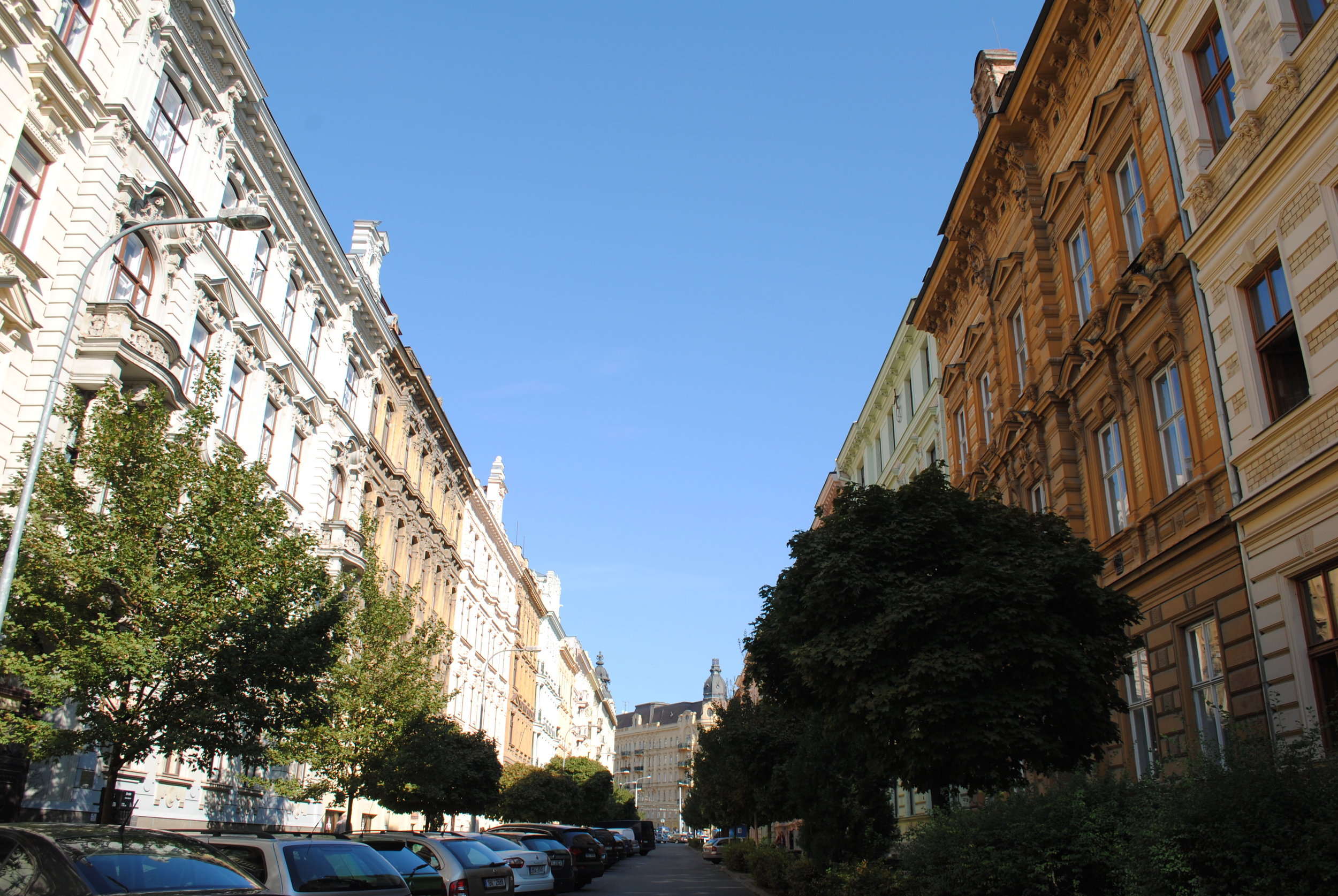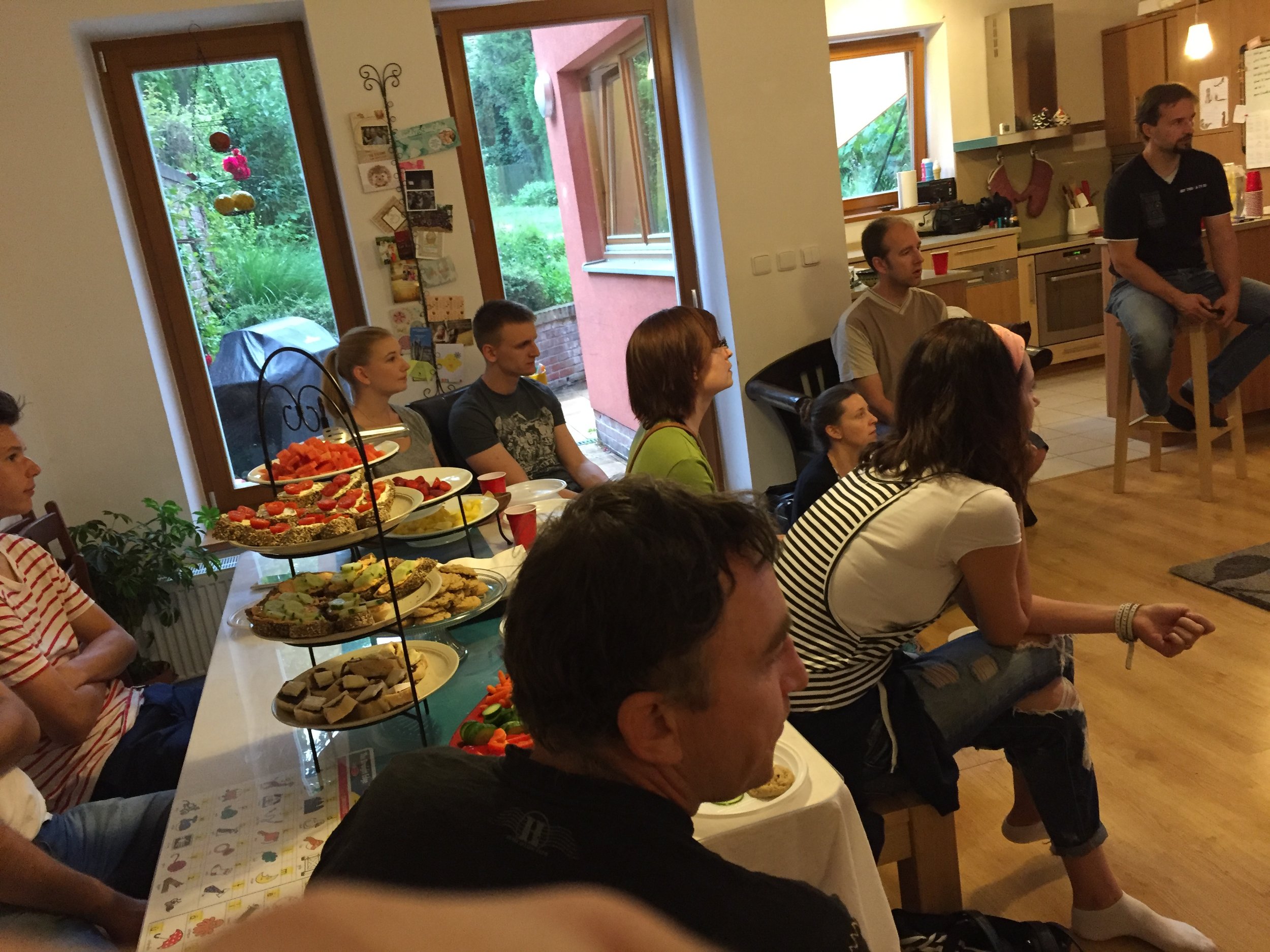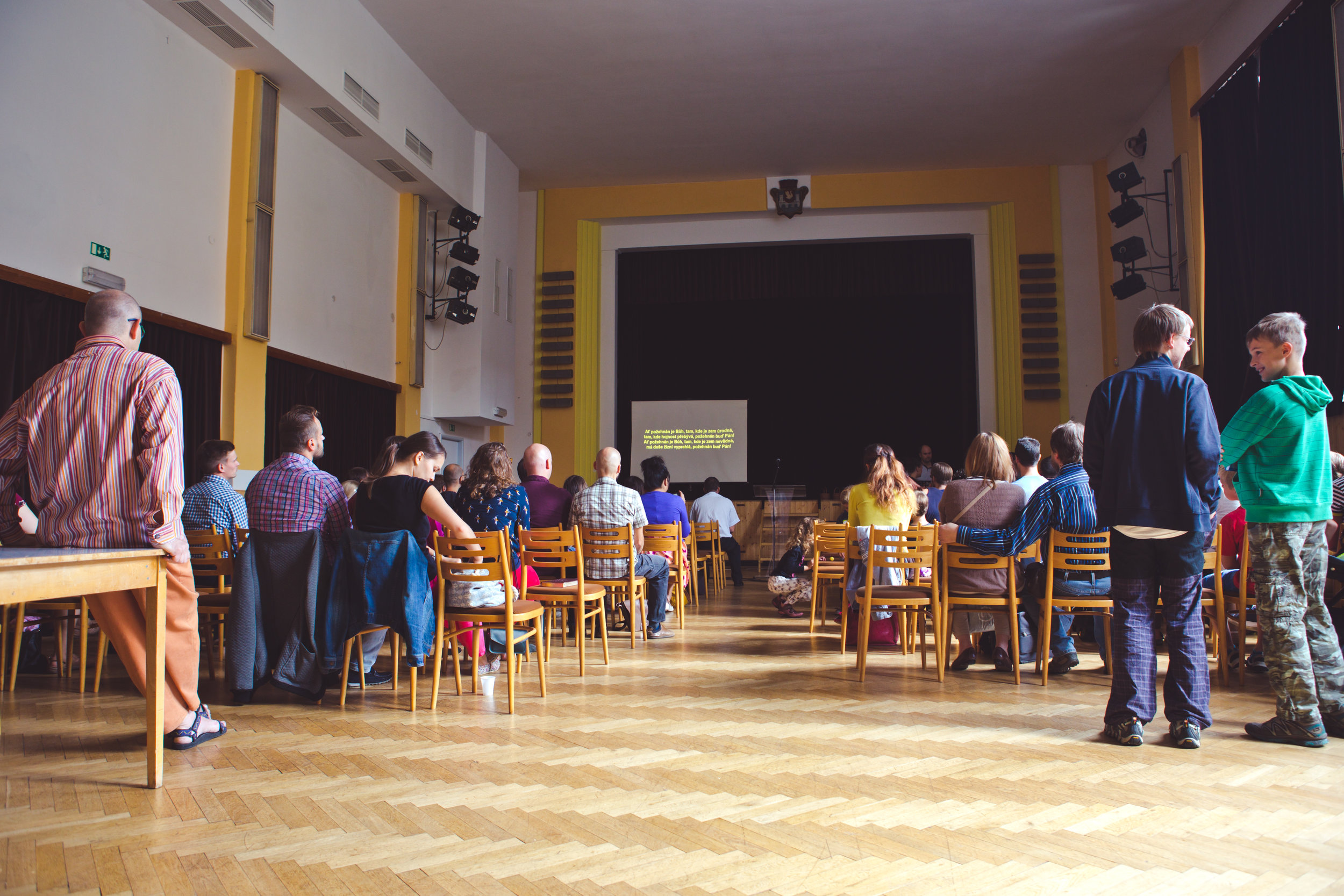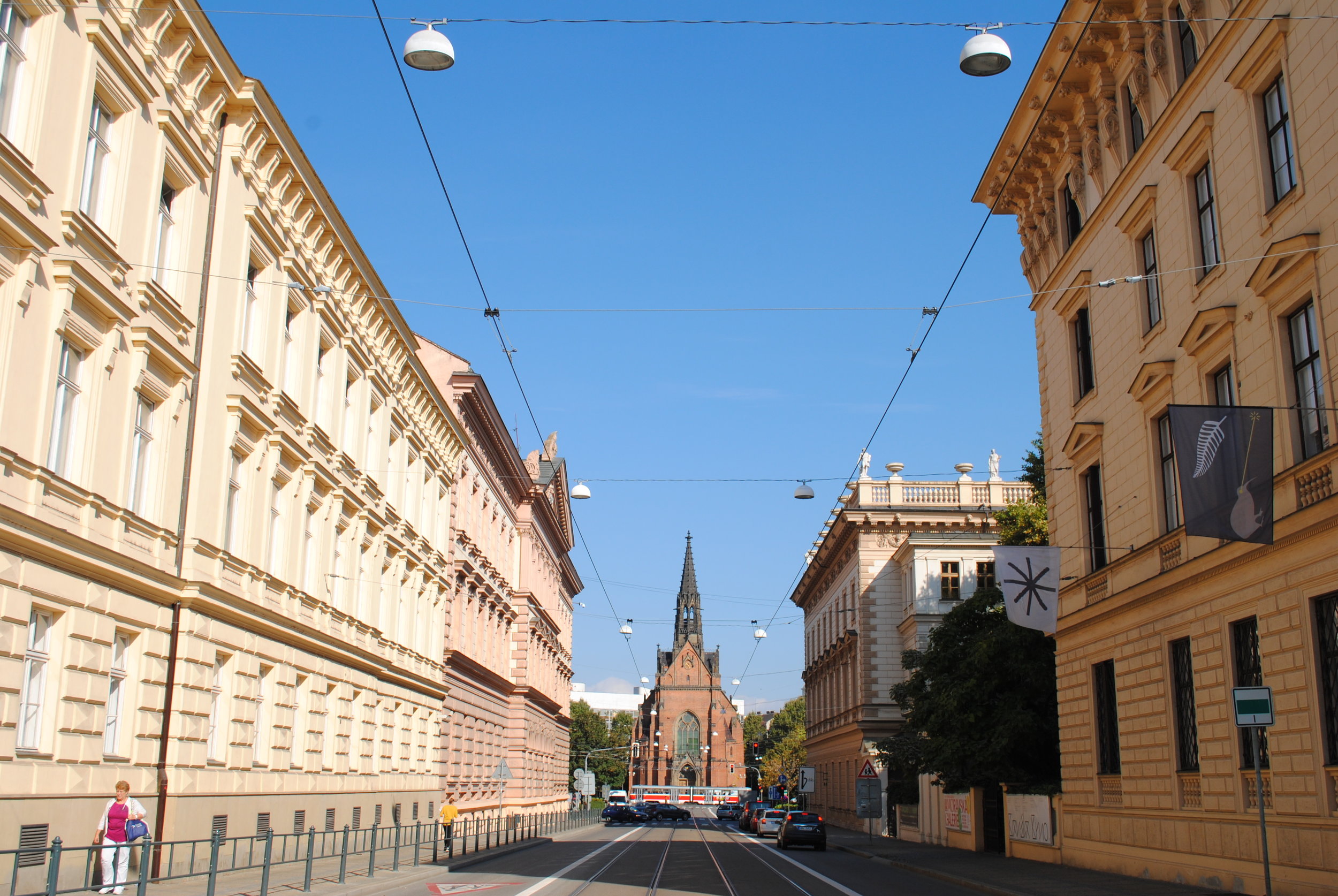On October 31, 2017, Christians around the world will celebrate the quincentennial anniversary of the Protestant Reformation. On that day, Martin Luther nailed the ninety-five theses to the castle door at Wittenberg, Germany as a form of public protest against the abuses of the Roman Catholic Church.
Luther was specifically protesting against the sale of indulgences which promised eternal salvation to anyone who would drop a coin in the Roman coffer. Pope Leo X had commissioned John Tetzel, the “telemarketer” of the day, to sell indulgences to faithful followers. Indulgences were purchased for a price and reduced the time a loved one spent in purgatory. Tetzel famously announced, “As soon as the coin in the coffer rings, the soul from purgatory springs.” The unsuspecting were deceived and Luther was outraged.
Luther’s bold move on October 31, 1517, sparked a firestorm that we celebrate today as the Protestant Reformation. Some eager evangelicals are quick to acknowledge the wonderful benefits of the Reformation but acknowledge even greater reform needs to take place within the church in our generation. Sadly, many who make a profession of the Christian faith know little or nothing about the days of the Reformation. Many fail to understand that the truth of the gospel was recovered in those days and has been passed on for us to defend and proclaim. The result: An anemic church who fails to recognize doctrinal error and also fails to rejoice in the historic doctrines that were rediscovered during the sixteenth century.
John Hus: The Unshaken Protagonist
Just over one hundred years before the Reformation exploded, the doctrinal foundations were already being carefully cultivated by John Hus. Hus attended the University of Prag at the age of sixteen. He received his Bachelor of Arts in 1394 and Bachelor of Theology in 1396 and was subsequently ordained as a priest in 1401 at the age of twenty-eight. One year later, Hus was appointed as Dean of the Philosophical Faculty and chosen as Rector of the University. During this time, he served as a preacher at Bethlehem chapel, not far from the University.
Hus had the audacity to publicly condemn the abuses of the Roman Catholic Church. So he was arrested and thrown into a dark hole at the opening of a sewer in November 1414. He spent eight months in that noxious pit. This godly man was tortured and burned at the stake along with his books on July 6, 1415.
The name Hus means “goose.” Prior to his death, he penned these poignant and Providential words: “Today you are burning a goose, however, a hundred years from now, you will be able to hear a swan sing, you will not burn it, you will have to listen to him.” A century later, Luther believed that he fulfilled the original prediction of Hus.
It is no secret that we live in a time of unprecedented compromise. It is not uncommon to hear of men and women quick to capitulate their Christian convictions. So, desperate times call for biblical responses which are carried out by godly people who model truth and humility. The cultural quicksand reminds us to turn our attention to the truth of God’s Word and the men who championed the claims of the gospel; men who were unwavering in their convictions and unshakeable in their beliefs.
John Hus was such a man. Armed with biblical ammunition and courage, he was an unashamed champion for the truth. Hus was a man who bore the marks of an unshaken protagonist. A protagonist, of course, is an advocate or a champion for a cause or an idea. A protagonist might stand for social justice or the rights of the unborn. A protagonist might argue for gun control, capital punishment, or reformed child labor laws. The cause of John Hus, however, was the undiluted gospel of Jesus Christ. He was a protagonist for the Word of God. Three marks, in particular, characterize such a man.
The Unshaken Protagonist Clings to God’s Word
First, the unshaken protagonist clings to God’s Word. Paul instructs Titus, “He must hold firm to the trustworthy word as taught …” (Titus 1:9). The challenge for Titus was clear: Hold fast to the truth! The high watermark, then, is devotion to God’s Word.
This man clings to the truth of God’s Word. The unshaken protagonist cherishes the Word of God as truth from God. This man understands that God’s Word is absolute truth (John 17:17). He understands that the Word of God is our highest authority: “All Scripture is breathed out by God and profitable for teaching, for reproof, for correction, and for training in righteousness, that the man of God may be competent, equipped for every good work” (2 Tim. 3:16-17). This man embraces the sola Scriptura principle. This man clings to the truth of God’s Word, without wavering.
The man who clings to God's Word is characterized by a worthy walk: "Blessed are those whose way is blameless, who walk in the law of the LORD! Blessed are those who keep his testimonies, who seek him with their whole heart, who also do no wrong, but walk in his ways! (Ps. 119:1-3). Jeremiah 15:16 adds, "Your words were found, and I ate them, and your words became to me a joy and the delight of my heart, for I am called by your name, O LORD, God of hosts." Thus, the worthy walk marks the man who clings to the truth.
John Hus was an example of such a man. “Scripture is the final authority,” writes Hus, “by which the pope as well as any Christian is to be judged … an unworthy pope is not to be obeyed.” Hus was not timid. He was not intimidated. This man clung tenaciously to the Word of God. His allegiance to Scripture triumphed over anything the world might offer. Hus adds, "I have said that I would not, for a chapel full of gold, recede from the truth ... I know that truth stands and is mighty forever, and abides eternally, with whom there is no respect of persons."
How do we cling to the Word of God in a culture drowning in religious pluralism, inclusivism, and syncretism? How do we cling to the truth of Scripture which militates against that which is despised by the prophets of postmodernity? A faithful response involves an unwavering commitment of the mind, the heart, and the will.
My grandfather was sent to the Pacific Theater during World War II. When he set out to board the train, my mother - a young child at the time, clung to her father with all her might. She was simply unwilling to let her Daddy go. She had already made a commitment; a commitment of the mind, heart, and will.
The intersection of a godly intellect, emotions, and volition results in Christ-exalting obedience. Every Christ-follower is called to this kind of radical obedience. We do not marginalize the truth, trifle with the truth, or compromise the truth. We do not play games with the truth. Rather, we "hold firm to the trustworthy word as taught ..." (Titus 1:9). Lloyd-Jones challenges every follower of Jesus:”Oh, that we should all take a firm hold of this truth! Faith is obedience to the Word of God."
Additionally, we do not embrace the liberal lie that the Bible is filled with clever stories which never occurred in real time and space. We reject the postmodern lie that ascertaining truth is either an impossibility or beyond our reach. And we refuse to accept the pluralistic lie that the Bible is a mere book among a myriad of competing religious books.
John Hus essentially told his oppressors: “You can mock me, you can taunt me, and you can ridicule me. You can even burn me at the stake, but you'll be forced to pry this Book from my lifeless fingers - for I am an unshaken protagonist who clings to God's Word!”
The Unshaken Protagonist Challenges with God’s Word
Second, the unshaken protagonist challenges people with God's Word: “He must hold firm to the trustworthy word as taught, so that he may be able to give instruction in sound doctrine and also to rebuke those who contradict it” (Titus 1:9). We are called, then, to "give instruction,” a word derived from a Greek term that involves the "act of teaching or educating." The word implies the process of "helping, comforting, encouraging, and exhorting." There is a sense of urgency attached to the word that should grip the heart of every Christ-follower.
Paul tells Titus this teaching must entail sound doctrine or healthy teaching; teaching which is in accord with God's Word. Paul's passion is a constant theme that emerges in the pages of the New Testament:
- Whatever else is contrary to sound doctrine (1 Tim. 1:10).
- If anyone teaches a different doctrine and does not agree with the sound words ... (1 Tim. 6:3).
- Follow the pattern of sound words (2 Tim. 2:13).
- Rebuke them sharply that they may be sound in the faith (Tit. 1:13).
- Teach what accords with sound doctrine (Tit. 2:1).
John Hus encouraged people with sound teaching and vibrant, Christ-saturated doc-trine. For instance, he taught that God alone can grant absolution from sins. Even though he had purchased an indulgence twenty years earlier, he eventually repudiated his belief in the indulgence system. He taught that sinners are saved by grace alone, through faith alone, in Christ alone, on the Word alone, to the glory of God alone!
How shall we challenge people with God's Word? First, our teaching must be marked by decisiveness and authority. Paul boldly proclaimed the Word of God to the philosophers at Mars Hill (Acts 17:22-34). Imagine the pagan philosophers who heard the apostle proclaim:
- God made the world and everything in it.
- God is the Lord of heaven and earth.
- God has no needs.
- God gives mankind life and breath and everything else.
- God is sovereign over all.
- God commands all people everywhere to repent of all their sins.
- God will judge the world in righteousness by a man whom he has appointed, namely, Jesus Christ.
Second, our teaching must be characterized by grace, humility, and patience. Strong teaching which is decisive and authoritative need not be mean-spirited. Much to the contrary, our teaching should have a distinct tone of gentleness and meekness: "I therefore, a prisoner for the Lord, urge you to walk in a manner worthy of the calling which you have been called, with all humility and gentleness, with patience, bearing with one another in love" (Eph. 4:1-2). Faithful and patient instruction will win the hearts and minds of people as the Spirit of God applies truth to their specific situation.
The Unshaken Protagonist Confronts With God's Word
Finally, the unshaken protagonist must confront with God’s Word: “He must hold firm to the trustworthy word as taught, so that he may be able to give instruction in sound doctrine and also to rebuke those who contradict it” (Titus 1:9). Calvin observes, “A pastor needs two voices, one for gathering the sheep and the other for driving away wolves and thieves.” The unshaken protagonist is called to challenge anyone who brings a different gospel (Gal. 1:6, 9). Paul helps us understand that these false teachers must be exposed and rebuked:
- Take no part in the unfruitful works of darkness, but instead expose them (Eph. 5:11).
- This testimony is true. Therefore rebuke them sharply, that they may be sound in the faith (Titus 1:13).
John Hus fearlessly and faithfully confronted his opponents with God’s Word. A total eclipse of the sun delayed the council that eventually condemned him to die. When he arrived at the execution ground, known as “the Devil’s Place,” Hus knelt and prayed. For the last time, he was given an opportunity to recant. Hus uttered these final words with God-centered resolve: “God is my witness that the evidence against me is false. I have never thought nor preached except with the one intention of winning men, if possible from their sins. In the truth of the gospel I have written, taught, and preached; today I will gladly die.” He was heard reciting the psalms as he breathed his last.
The Swan Song
One hundred years after the martyrdom of Hus, the world heard the swan sing, as the unshaken protagonist predicted. When Luther hammered his theses to the castle door at Wittenberg, he shook the very foundations of the German countryside and before long a seismic shift of epic proportions rocked Europe and could be felt around the world. The rumbling continues to reverberate as the truth of the gospel revolutionizes lives every day from Seattle to St. Petersburg and from Minsk to Montreal.
We celebrate with men like Martin Luther and John Hus. But the Reformation is not about these men. The Reformation is about the Lord Jesus Christ and the unchained message of the gospel that liberates sinners and reconciles them to a holy God.
Over 600 years ago, godless men burned a godly man. They burned the goose and tried to banish his message. But he continues to sing and his message continues to soar! The swan song of the unshaken protagonist carries on. His song echoes in the hearts of Christ-followers and can be heard in every corner of creation. May the song in your heart reach for the heavens as you contemplate the reality of the gospel and treasure the transcendent realities, which were rediscovered during the days of the Reformation!
Dr. David S. Steele is the Senior pastor at Christ Fellowship in Everson, Washing-ton. He is the author of Bold Reformer: Celebrating the Gospel-Centered Convictions of Martin Luther. He blogs regularly at www.baldreformer.wordpress.com.
